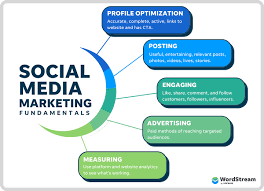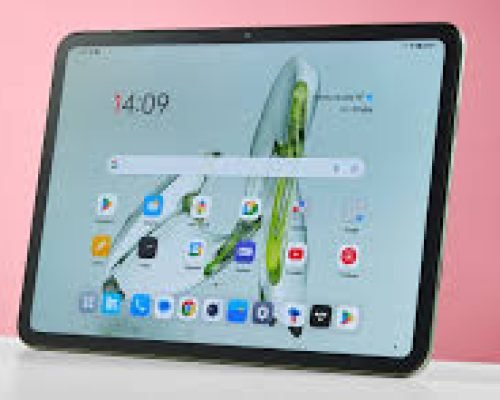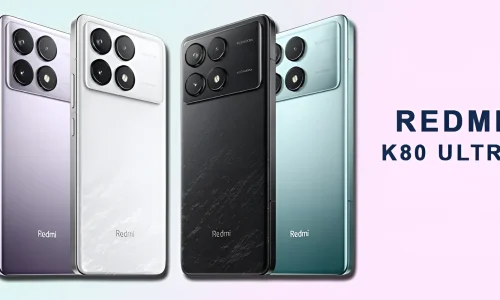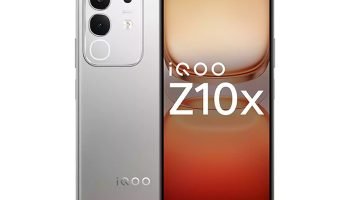The Future of Digital Marketing: Trends to Watch in 2025 and Beyond
Digital marketing is constantly evolving, and staying ahead of the curve is crucial for businesses that want to remain competitive. As we look to the future, several emerging trends will shape the digital marketing landscape in 2025 and beyond. In this post, we’ll explore the most exciting trends and technologies that will impact digital marketing strategies, and how you can leverage them to stay ahead in a rapidly changing market.
1. Artificial Intelligence (AI) and Machine Learning
Artificial Intelligence (AI) is already transforming digital marketing, and its influence will only grow in the coming years. AI and machine learning algorithms can analyze vast amounts of data to predict consumer behavior, personalize marketing efforts, and automate tasks like content creation, email campaigns, and customer service.
In 2025, we can expect AI to play a more significant role in creating personalized experiences for customers. From chatbots that provide real-time customer support to predictive analytics that help businesses forecast future trends, AI will streamline processes and improve marketing efficiency.
Additionally, AI-powered content creation tools, such as copywriting assistants and image generators, will allow businesses to produce high-quality content at scale with greater ease.
Related Keywords: artificial intelligence, machine learning, AI in marketing, personalized marketing, predictive analytics.
2. Voice Search and Smart Speakers
Voice search is becoming increasingly popular as consumers turn to voice-enabled devices like smart speakers (Amazon Echo, Google Home, etc.) for everyday tasks. By 2025, voice search is expected to become even more prevalent as advancements in natural language processing (NLP) improve the accuracy of voice recognition.
For businesses, this trend means that optimizing content for voice search will become a key component of SEO strategy. Voice queries tend to be longer and more conversational, which means businesses will need to adapt their SEO strategies to focus on natural language and long-tail keywords.
Brands should also consider creating voice-activated ads and ensuring that their content is accessible and optimized for voice devices. Those who adapt early to this trend will have a competitive edge as voice search continues to grow in importance.
Related Keywords: voice search, smart speakers, SEO for voice search, NLP, conversational marketing.
3. Video Marketing and Interactive Content
Video marketing has already seen explosive growth, but by 2025, it’s expected to dominate even more. Video content is highly engaging, allowing businesses to showcase products, tell compelling stories, and connect with their audience in meaningful ways. Platforms like YouTube, TikTok, and Instagram have made video an essential component of digital marketing.
Interactive video content will also rise in popularity. Features like shoppable videos, where viewers can directly purchase products from within the video, and interactive video ads, where users can make choices or explore content in real time, will be crucial for driving conversions and engagement.
In addition, live streaming will continue to grow, allowing brands to connect with their audience in real-time and boost brand authenticity. By 2025, live commerce—selling products through live video broadcasts—will likely be a standard practice for many brands.
Related Keywords: video marketing, interactive content, shoppable videos, live streaming, engagement.
4. Augmented Reality (AR) and Virtual Reality (VR)
Augmented Reality (AR) and Virtual Reality (VR) are two technologies that will dramatically reshape how businesses interact with their customers. While VR offers fully immersive experiences, AR overlays digital content onto the real world through smartphones, tablets, and AR glasses.
In 2025, AR and VR will become mainstream tools in digital marketing. Brands in industries like fashion, real estate, and home decor will use AR to offer virtual try-ons or home tours, providing consumers with more interactive, personalized experiences.
For example, customers can virtually try on clothes, see how a piece of furniture looks in their living room, or test products before making a purchase. These immersive experiences will not only help customers make informed purchasing decisions but also increase engagement and brand loyalty.
Related Keywords: augmented reality, virtual reality, AR in marketing, VR experiences, immersive experiences.
5. Influencer Marketing 2.0
Influencer marketing has been a game-changer in digital marketing, but in 2025, the landscape will shift toward more authentic and long-term partnerships. While influencer marketing will still be effective, brands will move away from one-off sponsored posts and toward building genuine relationships with influencers.

Micro-influencers will play a bigger role in 2025. These influencers, with smaller but highly engaged followings, offer a more personalized approach that resonates better with niche audiences. Additionally, nano-influencers—individuals with even smaller followings—are gaining traction due to their ability to drive high levels of engagement.
As influencers become more integral to brand storytelling, transparency and authenticity will be key. Audiences are increasingly skeptical of traditional advertising, and they value influencers who align with their values and offer genuine recommendations.
Related Keywords: influencer marketing, micro-influencers, nano-influencers, authentic marketing, brand partnerships.
6. Personalized Marketing and Customer Experience
Consumers today expect personalized experiences that cater to their specific needs and preferences. By 2025, personalized marketing will become even more sophisticated, powered by AI and data analytics.
Businesses will use AI and machine learning to create hyper-targeted marketing campaigns, offering products, services, and content tailored to individual customer preferences. Personalized emails, customized product recommendations, and dynamic website content that adapts to user behavior will become the norm.
The customer journey will also become more seamless, with businesses offering an integrated, omnichannel experience across websites, social media, email, and in-store interactions. Brands that invest in delivering exceptional, personalized experiences will foster greater customer loyalty and drive higher conversion rates.
Related Keywords: personalized marketing, customer experience, AI in marketing, hyper-targeted campaigns, omnichannel strategy.
7. Blockchain Technology
Blockchain technology, best known for enabling cryptocurrency transactions, will make waves in digital marketing by 2025. Its transparency, security, and ability to track transactions will provide valuable benefits in areas like advertising fraud prevention, data security, and supply chain tracking.
Blockchain will help eliminate ad fraud by ensuring that digital ads are only served to real users. It will also provide consumers with greater control over their data, enabling them to securely share their information with brands in exchange for rewards.
For businesses, blockchain could revolutionize customer loyalty programs, enabling secure, transparent, and easy-to-track rewards systems that engage and retain customers.
Related Keywords: blockchain technology, advertising fraud, data security, customer loyalty programs, blockchain in marketing.
8. Sustainability and Ethical Marketing
As environmental concerns continue to rise, consumers are becoming more conscious of the brands they support. By 2025, sustainability and ethical marketing will be key considerations for businesses looking to appeal to modern consumers.
Consumers expect businesses to adopt sustainable practices and take a stand on important social issues. In response, brands will need to integrate sustainability into their core values and communicate these efforts transparently through their marketing campaigns. From eco-friendly products to ethical supply chains, companies that embrace these values will build trust with their audiences and attract more loyal customers.
Related Keywords: sustainability in marketing, ethical marketing, eco-friendly products, social responsibility, brand transparency.
Conclusion
The future of digital marketing is exciting, with new technologies and trends emerging every year. In 2025 and beyond, businesses will need to stay agile, adapt to new tools, and embrace innovations like AI, AR, voice search, and influencer marketing to stay competitive. By embracing these trends early on, you can position your brand for success and deliver more engaging, personalized, and impactful experiences to your audience.
Related Tags: #digitalmarketingtrends #AIinmarketing #futureofmarketing #blockchain #personalizedmarketing #augmentedreality #influencermarketing #ethicalmarketing #sustainability
This blog post explores future digital marketing trends and provides insights on how businesses can prepare for changes in 2025 and beyond. It’s designed to be informative and SEO-friendly, helping you stay ahead of the curve. Let me know if you need any adjustments!













